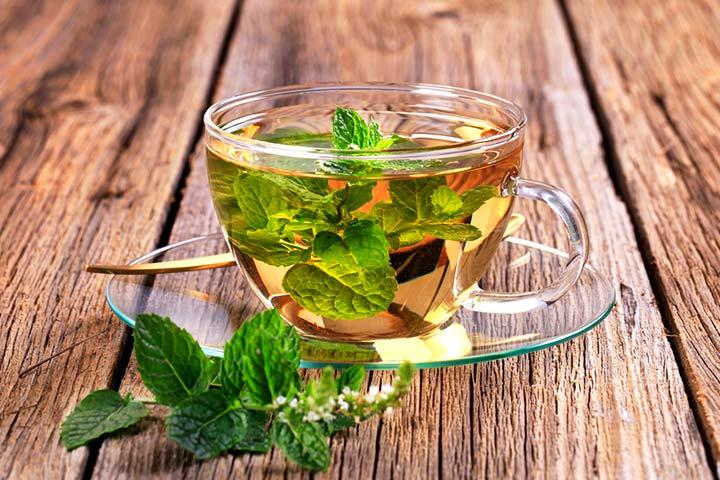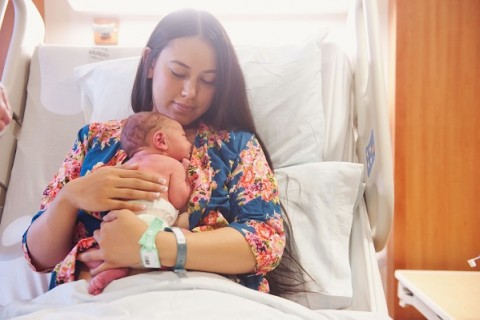


That said, all blood lead levels remained within the normal range ( 20).ĭue to the lack of regulation, there’s also a risk of herbal teas containing ingredients not listed on the label. In another study, women with the highest intake of green and herbal teas during the first trimester of pregnancy had 6–14% higher blood lead levels than those who drank the least. Moreover, 73% of all samples contained lead levels considered unsafe during pregnancy ( 21). It found that 20% of all samples were contaminated with aluminum. This means that women may be inadvertently drinking teas contaminated with unwanted compounds, such as heavy metals ( 19, 20).įor instance, one study tested common off-the-shelf black, green, white, and oolong teas. Teas are not strictly tested or regulated. Pregnant women may benefit from avoiding all teas not yet deemed as likely safe for pregnancy. summaryĬertain herbal teas may be linked to a higher risk of upset stomach, menstrual bleeding, miscarriage, birth defects, or preterm birth. Until more is known, it may be best for pregnant women to remain cautious and avoid drinking any teas that have not yet been shown to be likely safe during pregnancy ( 18). Keep in mind that, due to the limited amount of research on the safety of herbal teas, a lack of evidence of negative side effects shouldn’t be seen as proof that the tea is safe to drink during pregnancy. Therefore, pregnant women should inform their healthcare providers of any herbal teas they are currently consuming or planning on consuming at any time during pregnancy ( 1). What’s more, a case report suggests that regularly drinking chamomile tea during pregnancy may result in poor blood flow through a baby’s heart ( 1, 12).Ĭertain herbal teas may also contain compounds that interact with medications. Moreover, in rare cases, eucalyptus tea may cause nausea, vomiting, or diarrhea. Teas that may increase the risk of birth defects include ( 12): Teas that may stimulate or increase menstrual bleeding include ( 12, 16, 17): Teas that may increase your risk of miscarriage or preterm labor include ( 11, 12, 13, 14, 15): However, they may contain other compounds considered unsafe during pregnancy, which may result in risky side effects. Herbal teas are made from dried fruits, flowers, spices, or herbs and therefore contain no caffeine. Although they’re generally safe, women may benefit from limiting their daily intake of these caffeinated teas during pregnancy.Ĭertain herbal teas may have risky side effects summaryīlack, green, matcha, oolong, white, and chai teas contain caffeine, a stimulant that should be limited during pregnancy. However, their intake may need to be limited to avoid consuming too much caffeine per day ( 10, 11). For instance, research suggests that this small proportion of women may have a 2.4 times higher risk of miscarriage when consuming 100–300 mg of caffeine per day ( 8).Ĭaffeinated teas contain less caffeine than coffee and are generally considered safe to drink during pregnancy. However, some women’s genetics may make them more sensitive to the ill effects of caffeine. These risks appear minimal when pregnant women limit their caffeine intake to a maximum of 300 mg per day ( 8). High caffeine intake during pregnancy may also increase the risk of miscarriage or stillbirth ( 7, 8, 9). Research suggests that infants exposed to too much caffeine during pregnancy may have a higher risk of being born preterm or with a low birth weight or birth defects. As such, infants are more likely to experience side effects from amounts of caffeine that would otherwise be considered safe for adults. They each provide approximately the following amount of caffeine per cup (240 mL) ( 2, 3, 4, 5, 6):Ĭaffeine can easily cross the placenta, and your baby’s immature liver has difficulty breaking it down. They contain caffeine - a natural stimulant that should be limited during pregnancy. Black, green, white, matcha, chai, and oolong teas are all sourced from the leaves of the Camellia sinensis plant.


 0 kommentar(er)
0 kommentar(er)
